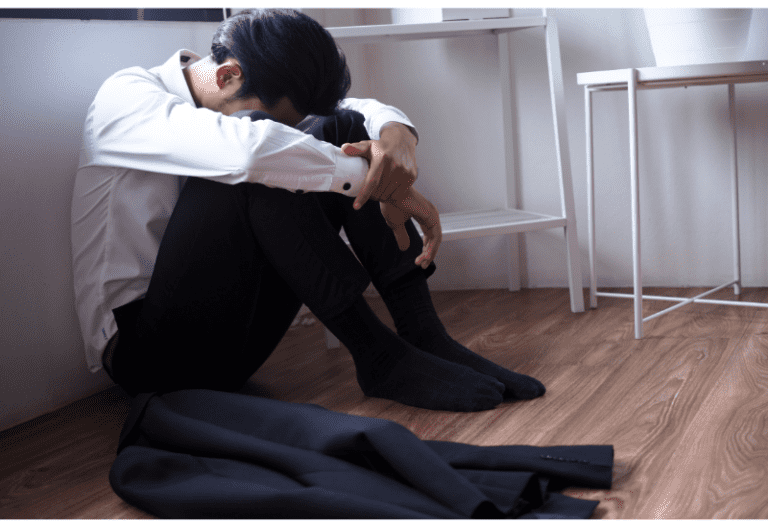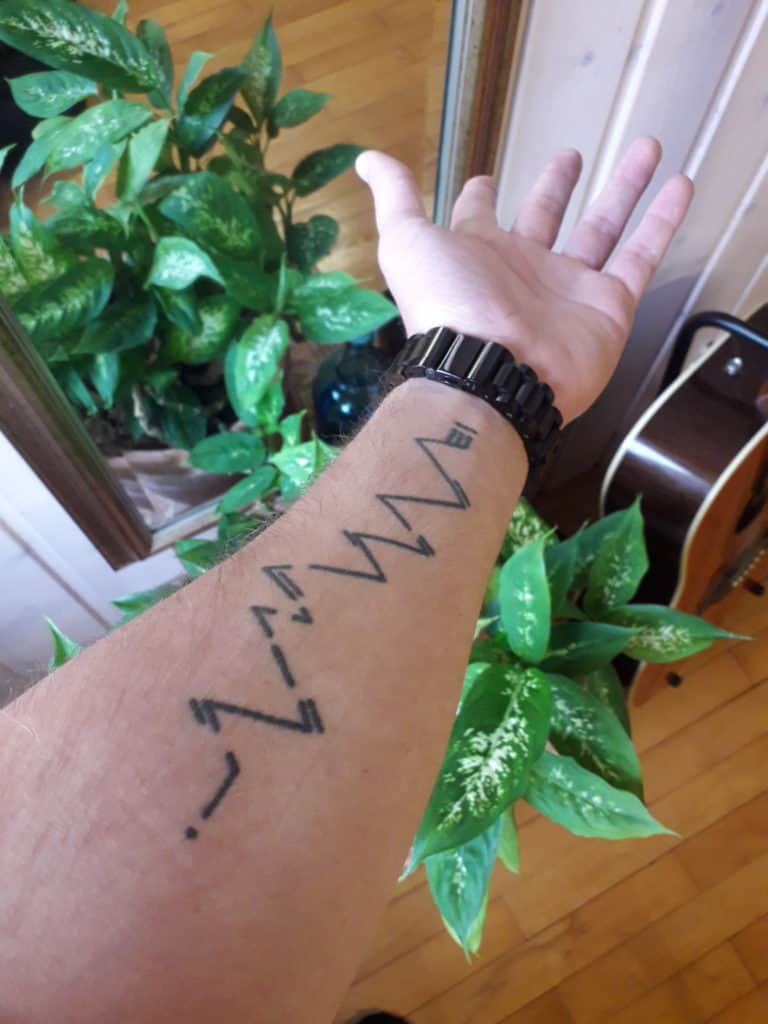Seneca: Aimlessness, multitasking and FOMO
I think most of us feel rushed a lot these days. Some even permanently. I definitely used to be one of the latter.
The result is often that we are at the end with our energy faster than we would like and we can not devote ourselves to the things as we would actually like to. The Roman philosopher Seneca, were the here before already hundreds of years ago:
"He who is everywhere is nowhere."
Seneca
We may not always be aware of these words, but when we think about it, it is actually obvious.
Let's say your day looks like this:
In the morning you barely get up, quickly get ready for work. If it's enough, you make yourself a snack for breakfast (but probably the food will have to wait until your break at work). Once at work, you quickly work through the emails that need it most. But actually, your mind is already on the meeting. And in the meeting, your mind wanders off to lunch. Will you make it today in time to have lunch with your partner? At the snack bar on the corner, of course. There's not enough time to go to a restaurant.
And indeed. You make it. The two of you each choose a dish from the menu and gobble it down in a hurry, while you briefly talk about how the morning went.
That was a success. But work calls again, so back to the office and quickly do the rest of the work for the day, while you mentally but already plan the purchase, which you will do on the way home.
You then use the time while shopping in an efficient way to make a quick phone call to your best friend, whom you haven't seen for far too long.
The conversation did you good, even though it was obviously only a poor substitute for a real meeting and you don't remember everything you were told. But at least you got two things done at once.
And you've only forgotten three of the ten things you were supposed to buy. You don't quite catch the moral lecture at home, because you just remembered that the game you wanted to watch has already started, but it's still annoying.
A little later, you fall tired into bed. But it takes you quite a while to fall asleep, because you are already thinking about tomorrow at the office.
You may know days like this (or not if you are one of the luckier ones). In any case, the fact is that many people's days look like this or similar. If I'm not careful, my days do too.
And that feels anything but good.
The underlying problem I see here is, of course, partly the sheer volume of things we get done, but also to a large extent the fact that we fail to devote our attention fully to the activity at hand.
This puts us in a state of multitasking. You may have read it here and there, but scientists have concluded that humans cannot multitask in principle.
What we mistakenly interpret as multitasking is actually the ability to jump back and forth between tasks very quickly. However, the quality and performance for a specific task suffers in each case.
And this approach is exhausting.
The questionable price we receive for our supposed multitasking is that we are more stressed than we should be.
What I am about to tell you is relatively simple and you are probably aware of it, but one thing it is not is simple. Because knowing something is not enough. People like to say "knowledge is power", but as Jim Kwik says in his book Limitless very nicely states, this is not true, because knowledge is actually only potential for power. If we don't use it, it brings us absolutely nothing. And this is exactly the crux of the matter. If we don't constantly practice being in the moment instead of already mentally jumping to the next or maybe even the next but one task, we will hardly manage to escape the stressed state.
Practice makes perfect - just like everywhere else. In everyday life, I always try to identify moments when I am no longer mentally in the moment and try to return to the moment.
It doesn't always work, but more and more often. I would like to encourage you to try the same. And very important: don't beat yourself up if it doesn't work out again. There is always a next time. Keep at it.
Another trick that comes back very much to the original quote is to not want to be everywhere. For example, instead of talking to your best friend on the phone while shopping, you could find a nice bench for 10 minutes beforehand and give the conversation your full attention. Maybe this will even result in you forgetting only two things while shopping instead of three.
Also, you can, or should, consider saddling yourself with fewer tasks. I know that this is not easy in today's world. We all have a lot to do and to make matters worse, we are led to believe that we will miss out on so much if we are not everywhere. The exact term for this is "Fear of missing out" or in short: FOMO.
For example, try to realize that it's okay to go to only one party a month to spend more time in nature, or at work don't take on another project to rather focus your thoughts on the existing ones.
It is important that you take care of yourself. Otherwise it will happen to you quickly that you are everywhere at the same time and thus nowhere, as Seneca said.
A quote from The Lord of the Rings always comes to mind, which I think very aptly describes how you feel when you devote yourself to too many things and don't focus on the current task or situations at a time:
"...I feel quite thin, emaciated, like butter spread on too much bread." -Bilbo Baggins to Gandalf
Together, let's try to experience things more consciously and get rid of the expectation of having to be everywhere.







